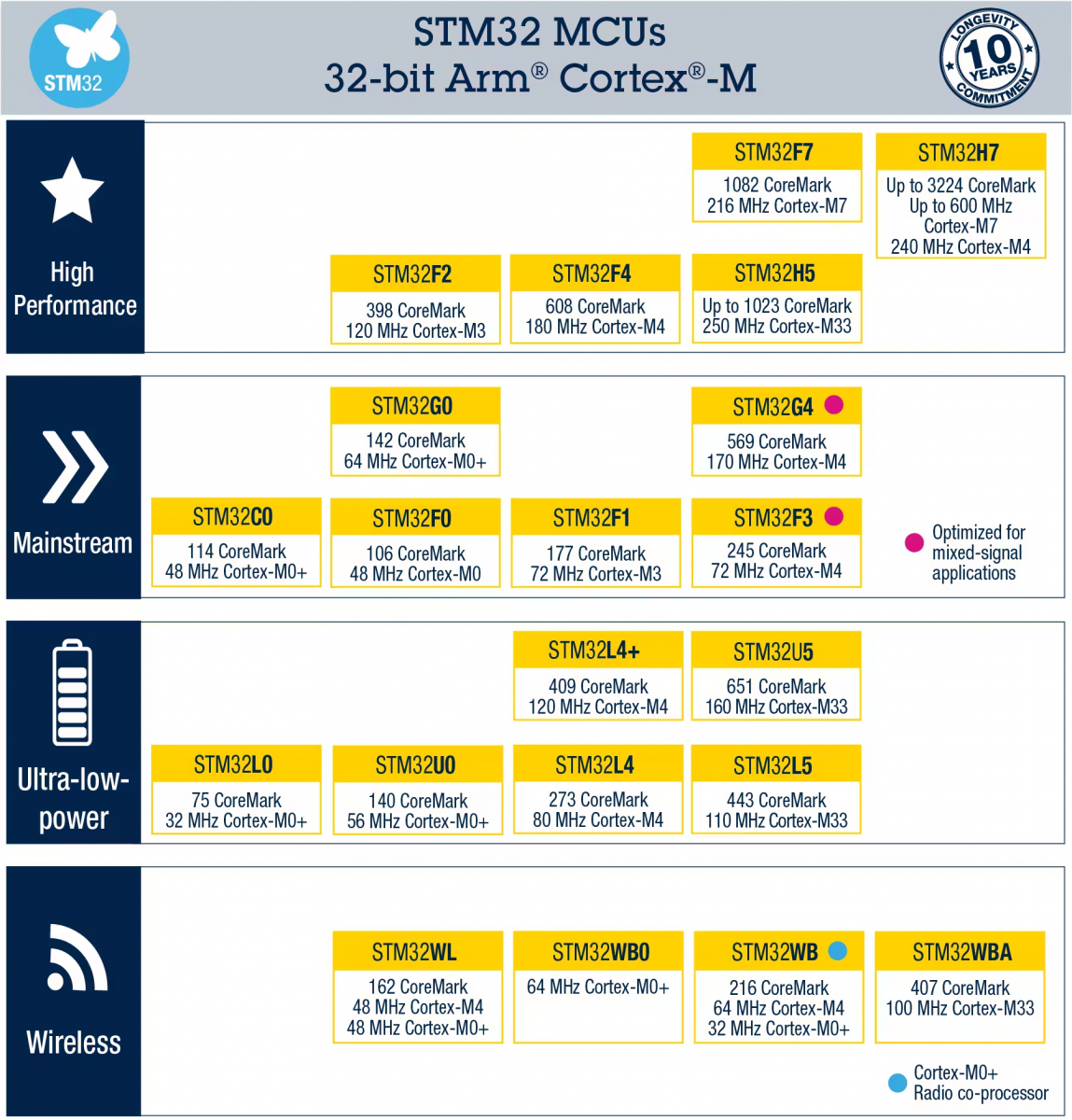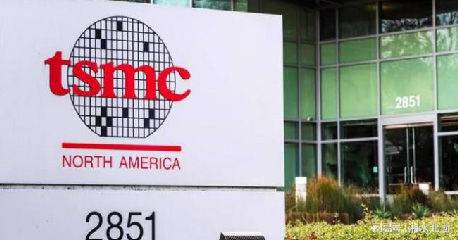We’ve certainly come a long way in the automotive industry since the first Model-T was produced in 1908. For decades, vehicular advancements were measured in horsepower, miles per gallon, torque, and other electro-mechanical attributes.
And in many ways, they still are. However, with the exciting new world of connected automobiles in full swing, cars are just as likely to be gauged on their Wi-Fi capability as their fuel efficiency.
Thanks to the Internet of Things (IoT) technology and other connected applications, today’s vehicles are going pedal-to-the-metal, full steam ahead toward a smarter, more immersive driving experience. SinLinElec™, the world’s leading e-commerce marketplace for electronic component procurement, can help your company with any part of the connected automobile continuum – distribution, production,research & development, and much more.
Let’s review some connected automobile trends to watch for in 2020 and the coming decade.
Fast-Forwarding into the Future: What’s Fueling 2020 Automotive Design?
With hyper-connectivity and related hardware & software applications, tomorrow’s vehicles are already here. While we don’t have flying automobiles (yet), these trends promise to elevate modern vehicular performance into the (figurative) stratosphere.
- Artificial intelligence = genuine performance enhancements. Just a few years back, the mere concept of artificial intelligence (AI) having anything to do with driving – a quick-thinking, safety-conscious process –seemed unthinkable. But for 2020 and beyond, AI will provide useful driver monitoring tools and even autonomous driving assistance to improve safety,elevate driving performance, and more. At a recent Consumer Electronics Show(CES) in Las Vegas, two AI developments from Audi and Toyota are poised to make meaningful driving improvements for 2020. Audi teemed with NVIDIA with “deep learning concept,” an intricate AI-driven application that processes driver behaviors and monitors external systems (including traffic lights) to offer a safer driving environment. Toyota’s Concept-i analyzes factors like driver fatigue and road and weather conditions to automatically adjust acceleration and braking to ensure optimal safety.
- V2V. Vehicle-to-vehicle (V2V) connectivity – think of it as an information highway on actual highways – has caught the eye of the National Highway Traffic Safety Administration (NHTSA). V2V systems enable connected automobiles to send and receive basic safety messages (BSMs) – data on braking, speed, road conditions,etc. – to theoretically improve safety. One proposal by the NHTSA is for every car produced in the early 2020s to have V2V connectivity.
- Super sensors. Sure, yesteryear’s cars have sensors. But strategically placed, IoT-connected sensors are making a push to revolutionize how we drive, maintain, and even store our automobiles. For example, ultrasonic radars installed near a vehicle’s front bumper instantly relay precise,accurate, timely distance data on upcoming objects on the road, thus decreasing the chances of an accident. Sensors in other automotive systems (transmissions,O2 sensors, fuel tanks, etc.) also enable drivers and mechanics to accurately assess real-time information to avoid breakdowns and maximize the shelf life (or road-life) for any automobile.
Learn how NXP’s UWB sensor wireless technology is impacting the automotive industry in 2020.
- Remote maintenance. To expand on the previous point, wouldn’t it be great to eliminate the need to visit the mechanic entirely? Thanks to remote updates with connected cars for 2020 and beyond, it’s entirely possible. Everything from technology upgrades, check engine light status,critical safety enhancements, and more will be delivered to the driver’s cockpit in a timely, actionable fashion.
To keep pace on the superhighways of 2020, it helps to have a procurement system that’s just as streamlined, efficient, and forward-thinking as the connected automobiles of tomorrow. SinLinElec’s e-procurement tools drive innovation in today’s supply chain management systems, thanks to a full suite of advanced tools and resources for your entire procurement team.
Why look in the rear view mirror? See what’s around the bend with our advanced, user-friendly e-commerce marketplace. Schedule a demo to learn more or get started today.




